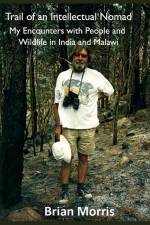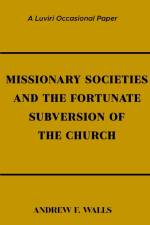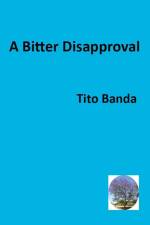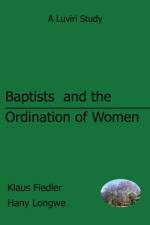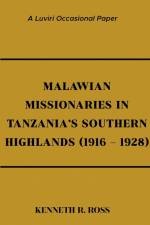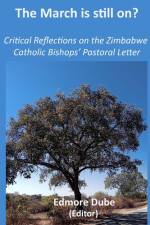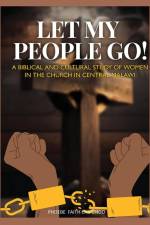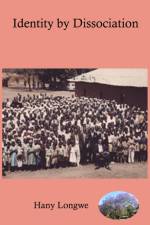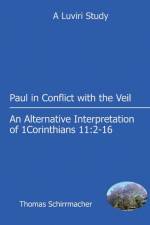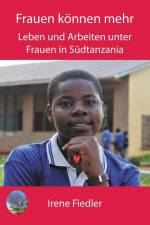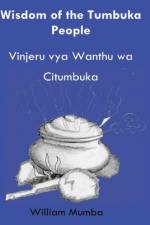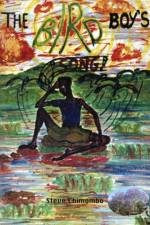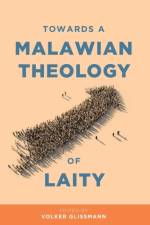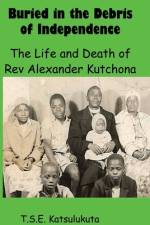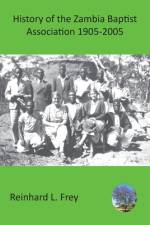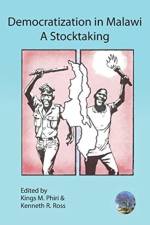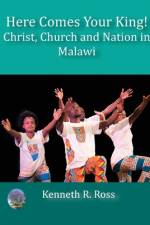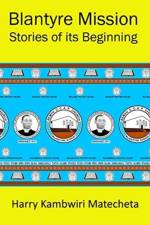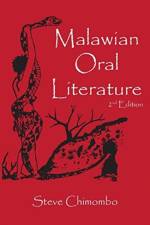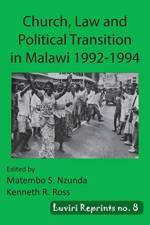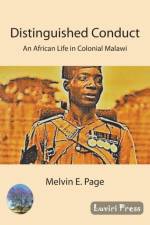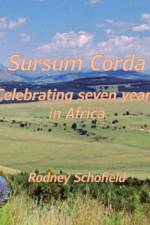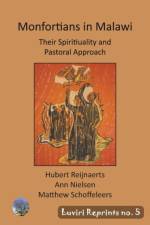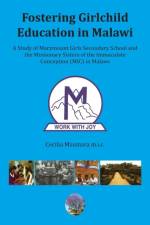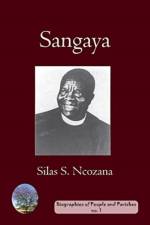av Irene Fiedler
565,-
While the author was still a student at Makerere University in Kampala, Uganda (1968/69), she realized how important women are, in the society and in the church. After Makerere, she worked for seven years in the Kania la Biblia in Southern Tanzania. While living in Matemanga, she established the church's Women's Ministry, which she continued to lead from Songea and Mbinga. In this book she looks back on her life, work and thinking in those years, based on her diaries and correspondence. This she augments by information on related developments over the last 50 years, which equally show that women are able to do things.Als die Autorin noch Studentin an der Makerere Universität in Kampala, Uganda, war (1968/69), wurde ihr klar, wie wichtig die Frauen sind, in Kultur und Kirche. Sie arbeitete dann sieben Jahre in der Kanisa la Biblia in Südtanzania. In Matemanga begann sie den Aufbau der überregionalen Frauenarbeit der Kirche, die sie dann von Songea und Mbinga aus weiterführte. Das Buch beschreibt rückblickend ihr Leben, Arbeiten und Denken in diesen Jahren aufgrund ihrer Tagebücher und ihrer Korrespondenz. Irene Fiedler (*1942), after training as a domestic worker, as a kindergarten teacher and then as a primary school teacher, studied at Makerere University in Kampala and after that worked for seven years as a missionary of the Kanisa la Biblia in South Tanzania. Returning to Germany in 1976, she trained as a child and adolescent psychotherapist and received her PhD in Education from Dortmund University in 1984. She worked as a psychotherapist in private practice and as an instructor in psychotherapy. Mother of three children, two of them born in Tanzania. Editor of the Old Testament section of the Swahili Bible Concordance (Itifaki ya Biblia) published in 1990 in Dodoma (Central Tanganyika Press) and in Nairobi (Uzima Press).Book in German language.

